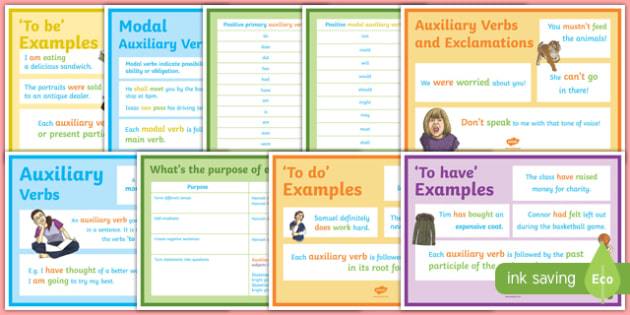
What Is An Auxiliary Verb Answered Twinkl Teaching Wiki
(NOT May I go home now?) I mustn't stay up late (NOT I mustn't will I stay up late) But there are lots of other auxiliary verbs you can use on their own For example I can do it if I like (NOT I can will I do it if I like)He could climb trees when he was a kid You could focus on the problem now This could be the solution we need may possibility permission
Be to modal verb examples
Be to modal verb examples-Different Modal Verbs with Examples Can We use this verb in the case of importance, asking permission, and Possibility Ali can win the race Will/Shall Will/shall is use in case of wish, desire, will, confidence, in the future I shall visit the China the next Must Must is used in the case ofModal verbs show possibility, intent, ability, or necessity Because they're a type of auxiliary verb (helper verb), they're used together with the main verb of the sentence Common examples include can, should, and must Modal verbs can be tricky, especially when it comes to using them in a sentence
1
Verb to Be Examples Questions These are some examples of yes or no questions with the verb to be are you crazy?Remember that when the auxiliary to be is followed by a present participle , the verb is in the active mood;Unless it is an original modal verb such as ought to For example, You can come in (Correct) You can to come in (Wrong) So, as we can see, modal verbs are very commonly used words in a sentence These verbs may be secondary, but they play an equally important role
We are not private investigators;Examples Modal verbs are a kind of auxiliary or helping verb Auxiliary verbs cannot be used on their own and appear with a main verb The most common modal verbs are can could may might shall should will would must ought toThe use of the modal verb "would" can be similar to the modal verb "will", both are used to make wishes and to make requests However, "would" is a much more polite way to do so It's also used to talk about habits in the past, to make arrangements, to state preferences and to make invitations Examples of the modal verb "would"
Be to modal verb examplesのギャラリー
各画像をクリックすると、ダウンロードまたは拡大表示できます
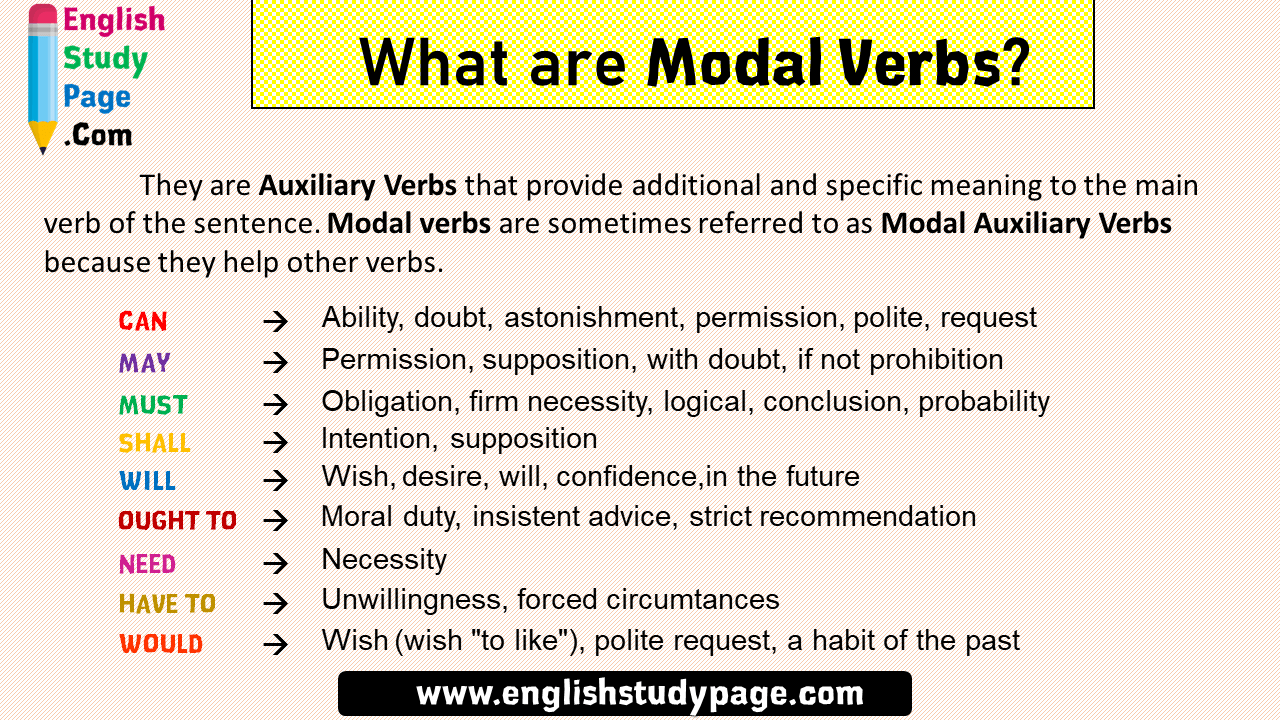 |  |  |
 |  |  |
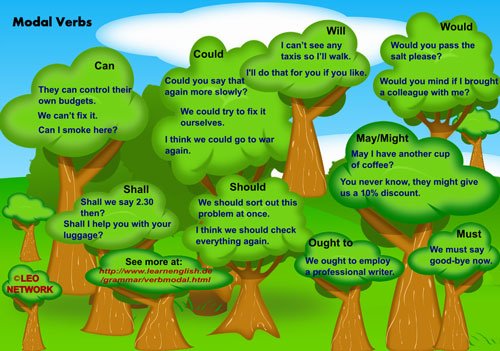 |  | 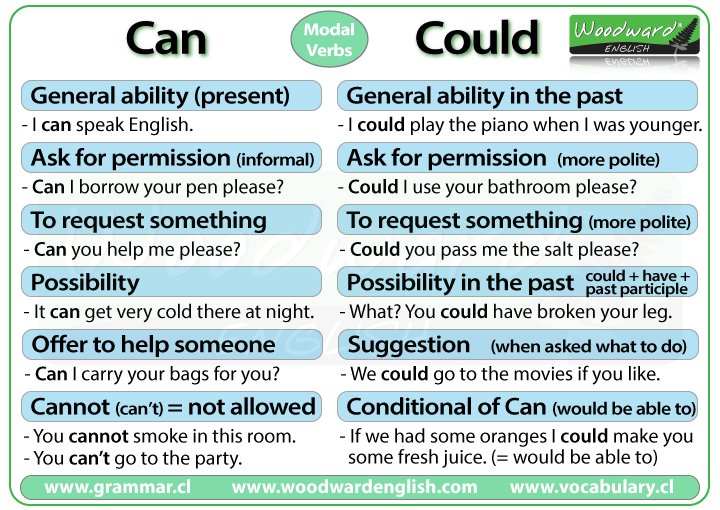 |
「Be to modal verb examples」の画像ギャラリー、詳細は各画像をクリックしてください。
 |  | 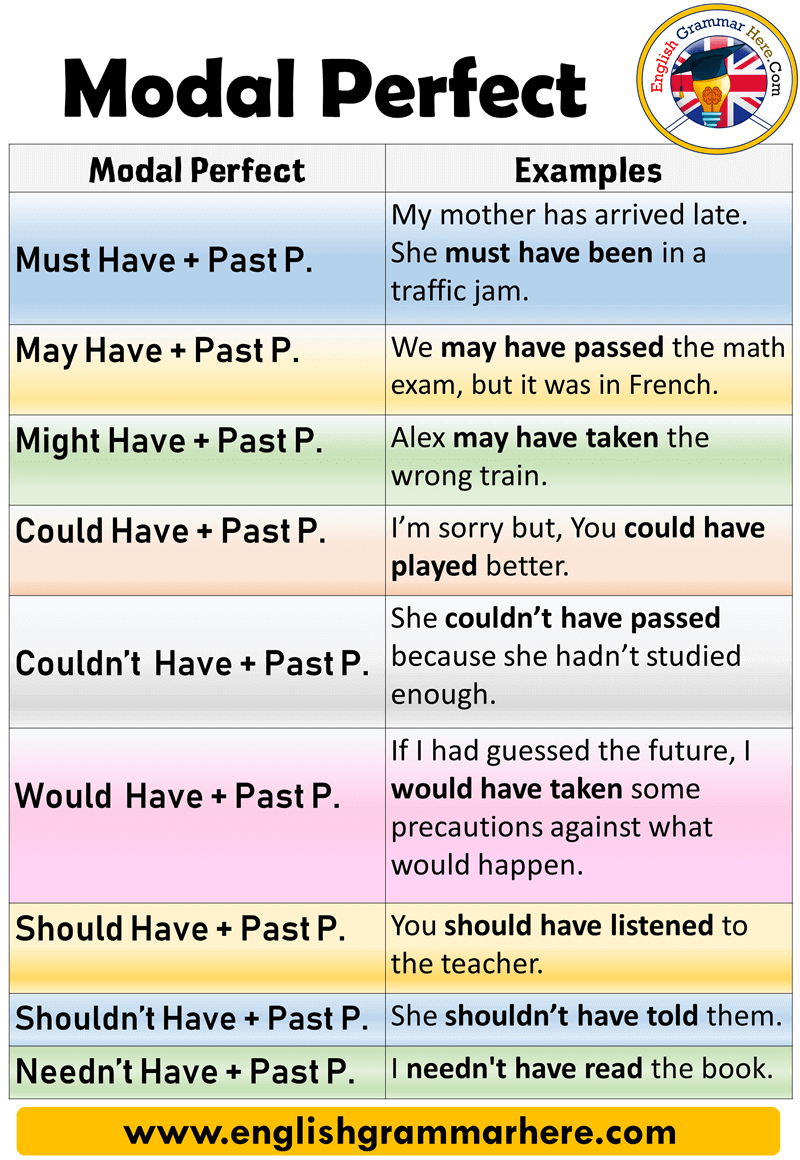 |
 |  | |
 | 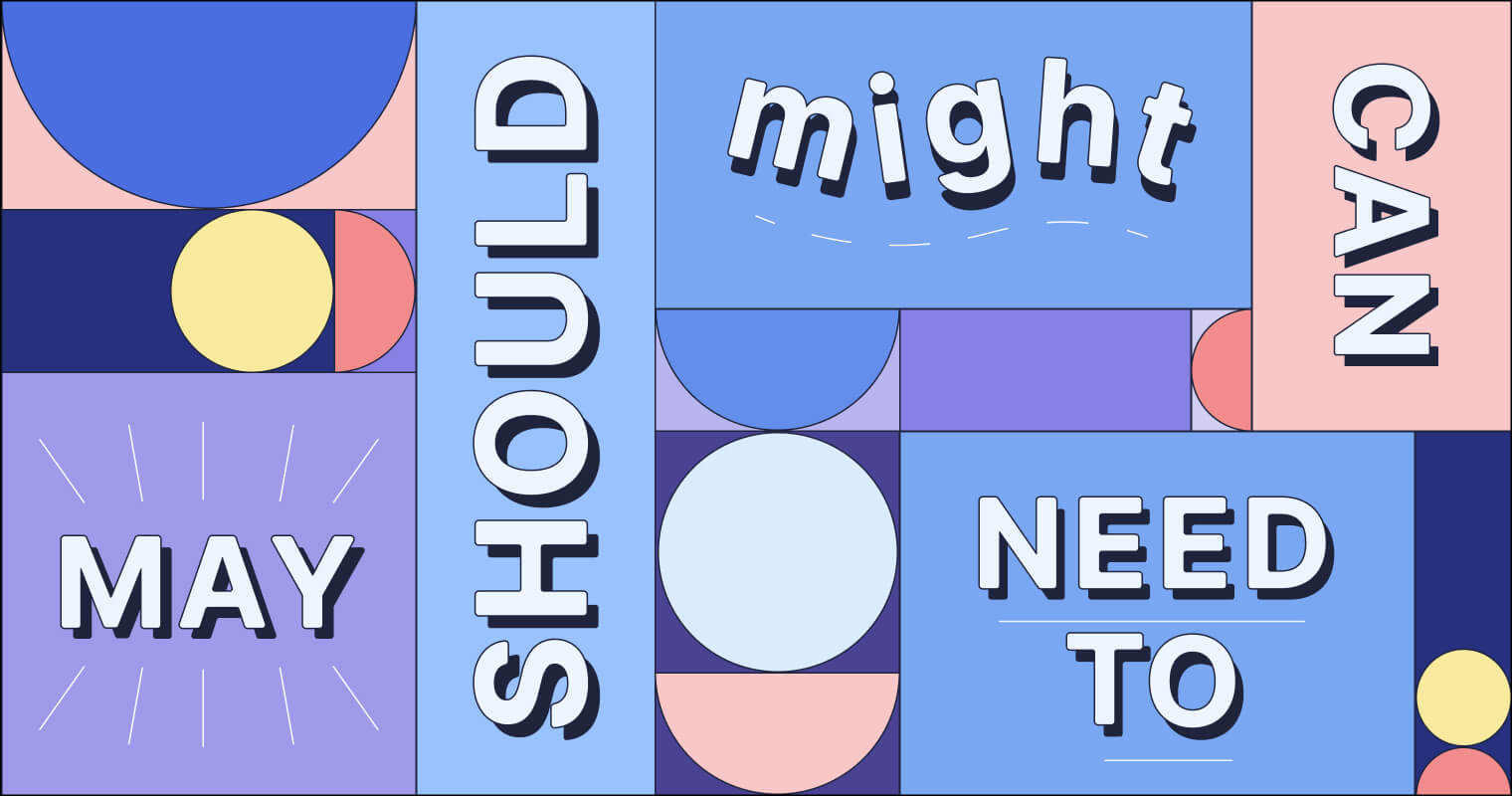 |  |
「Be to modal verb examples」の画像ギャラリー、詳細は各画像をクリックしてください。
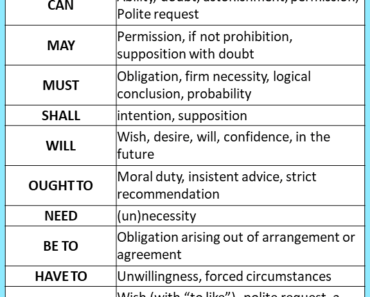 | 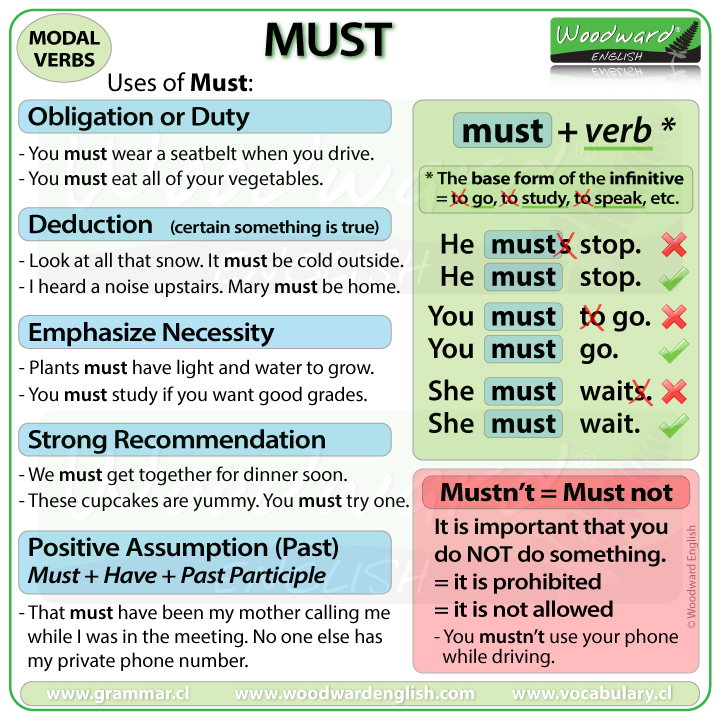 | 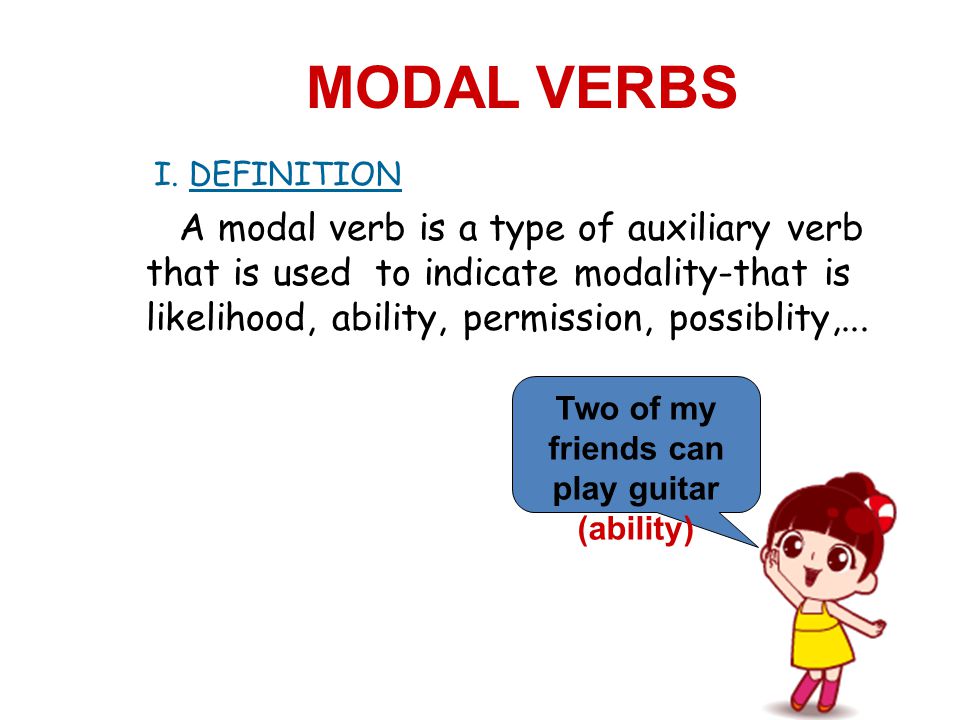 |
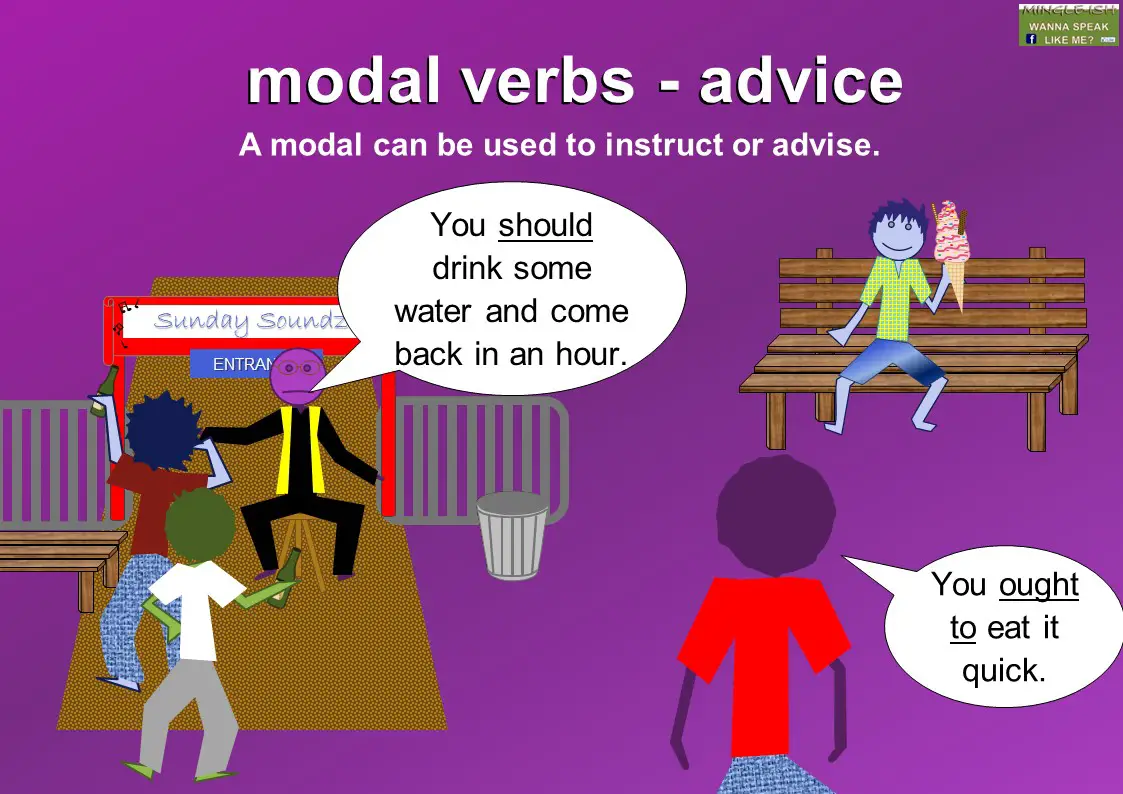 |  | /ThoughtCoChalkboard13-5bb51e9dc9e77c00513a80e7.png) |
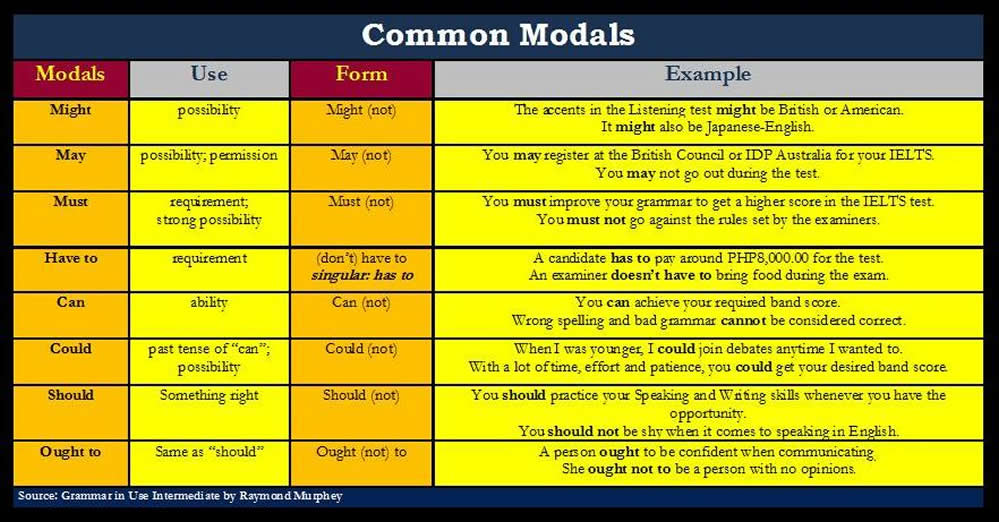 |  |  |
「Be to modal verb examples」の画像ギャラリー、詳細は各画像をクリックしてください。
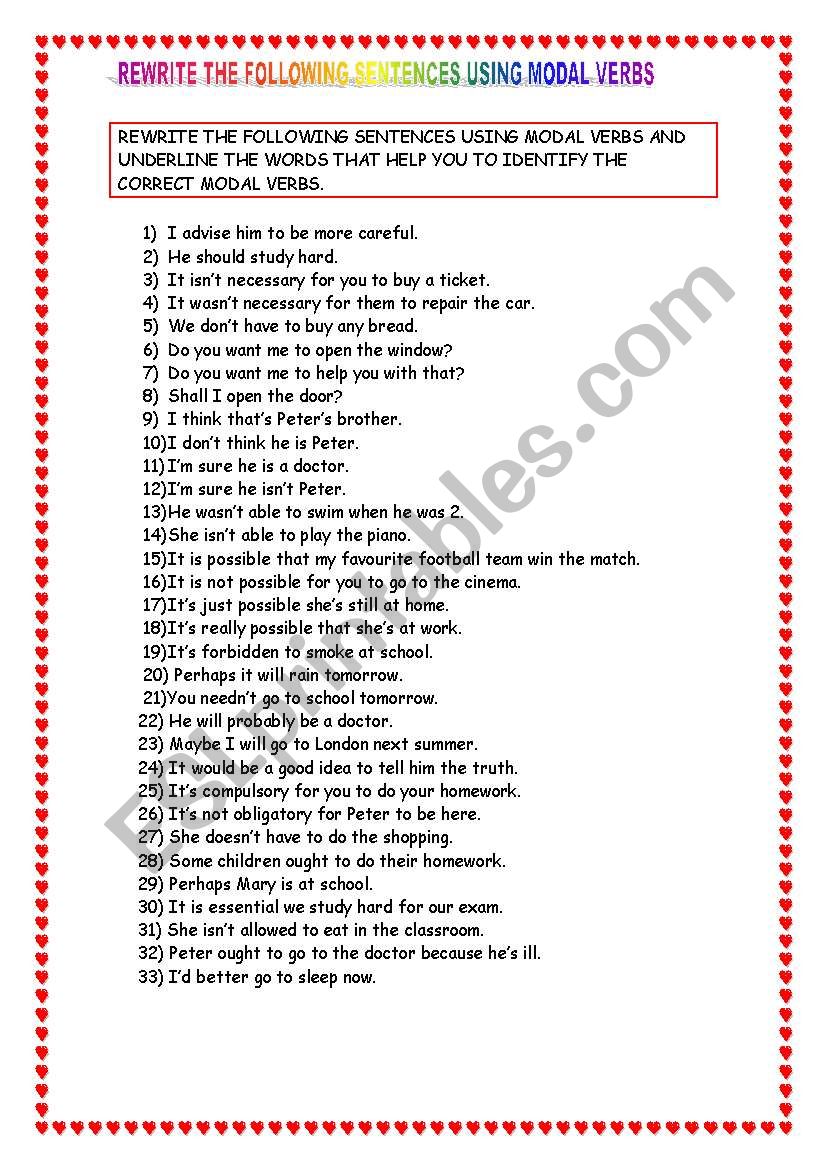 | 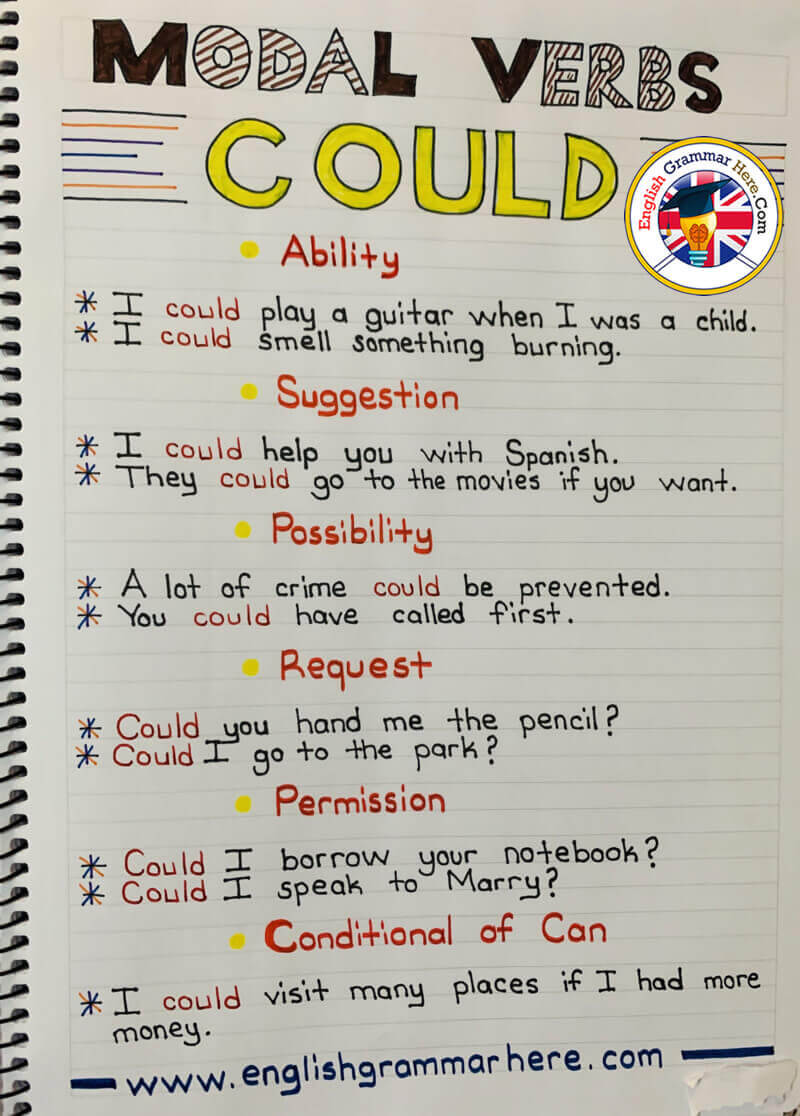 |  |
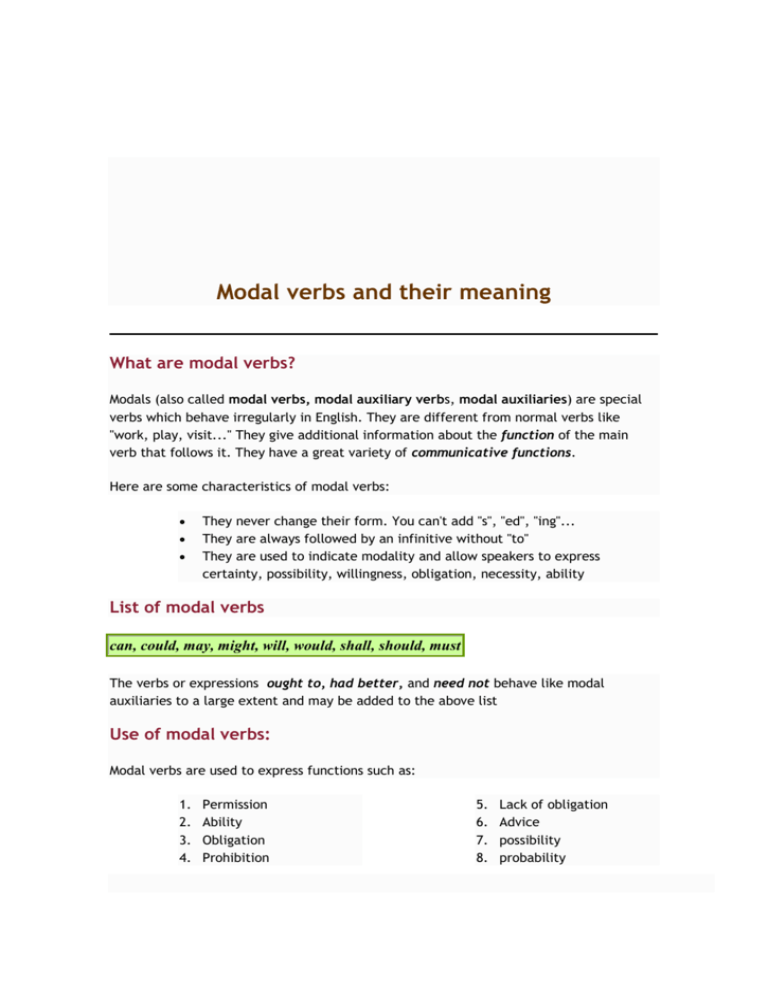 | ||
 |  | |
「Be to modal verb examples」の画像ギャラリー、詳細は各画像をクリックしてください。
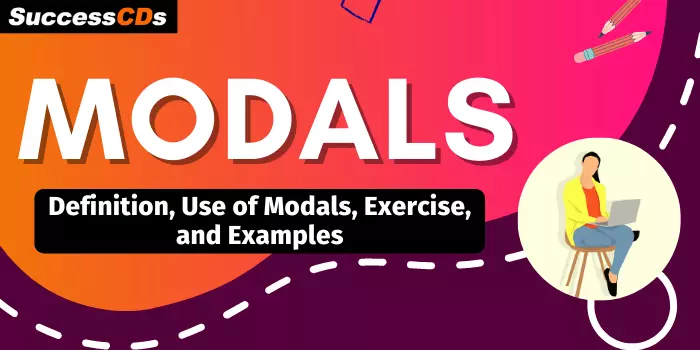 | 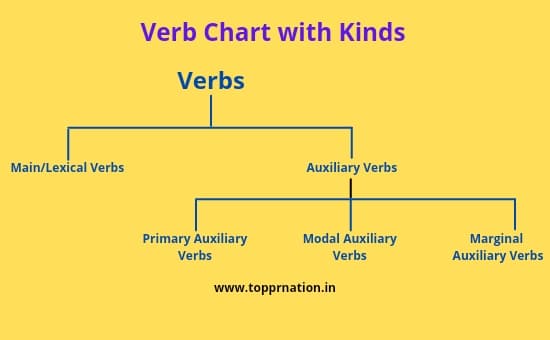 |  |
 | 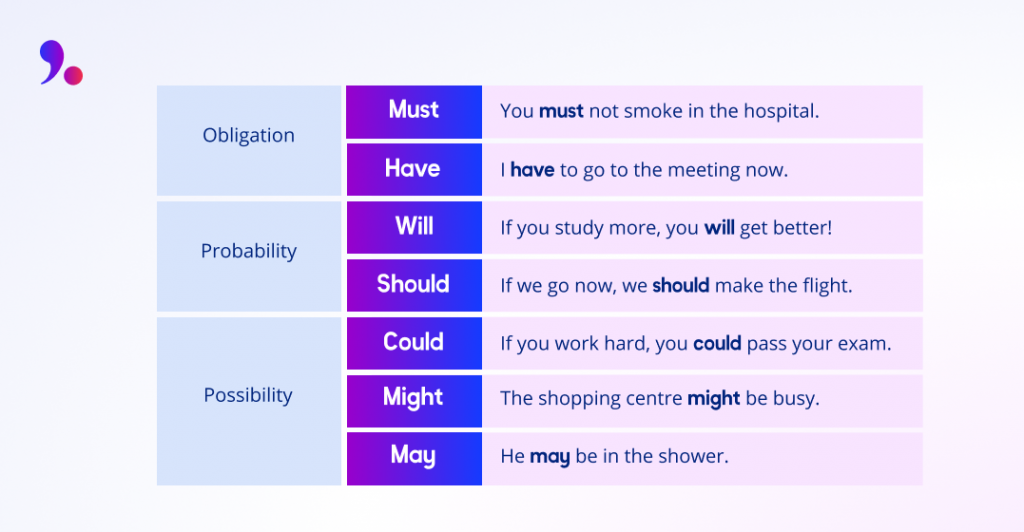 | 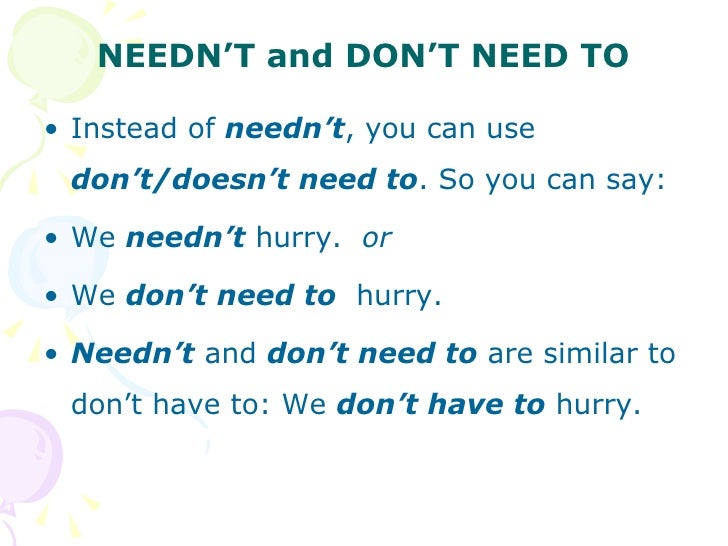 |
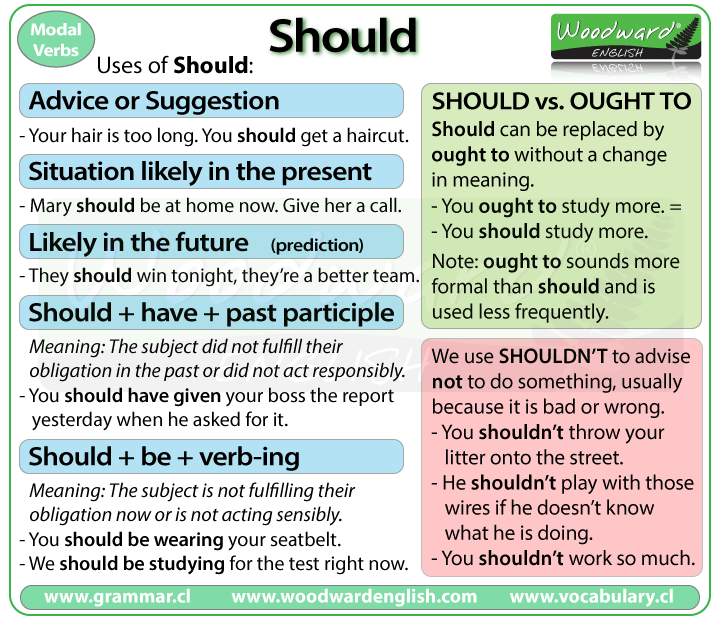 | 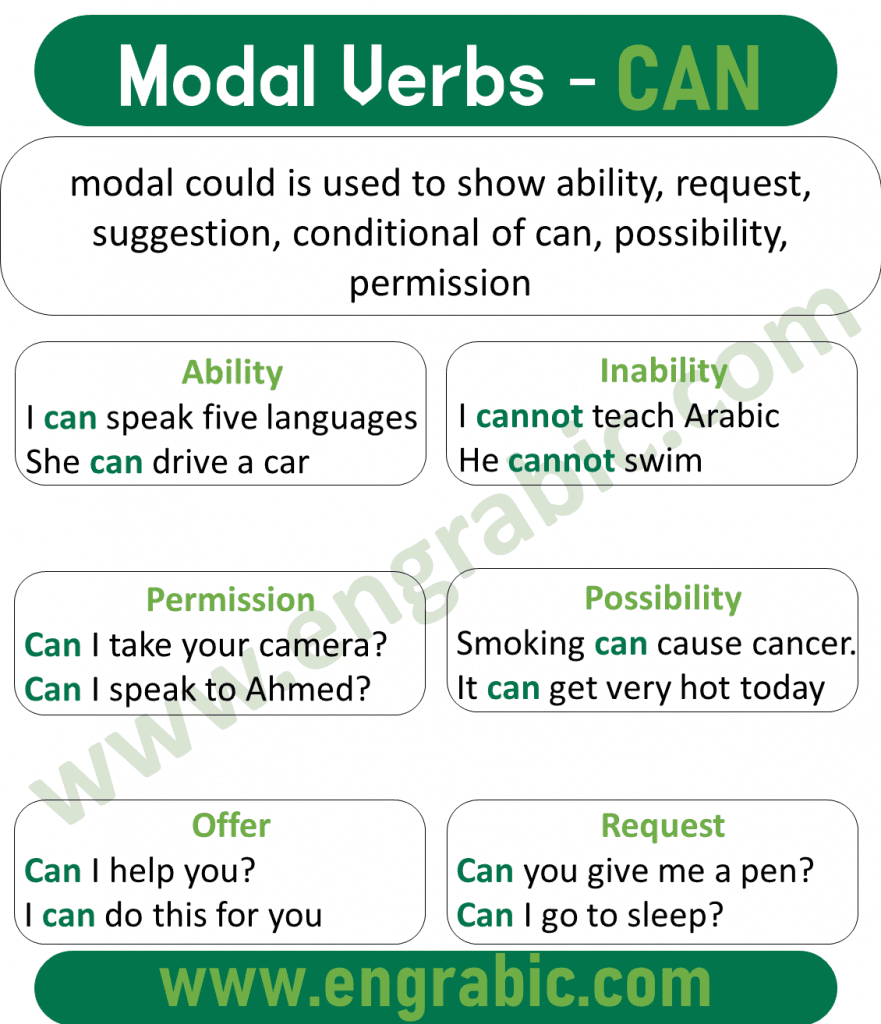 |  |
「Be to modal verb examples」の画像ギャラリー、詳細は各画像をクリックしてください。
 |  |  |
 |  | 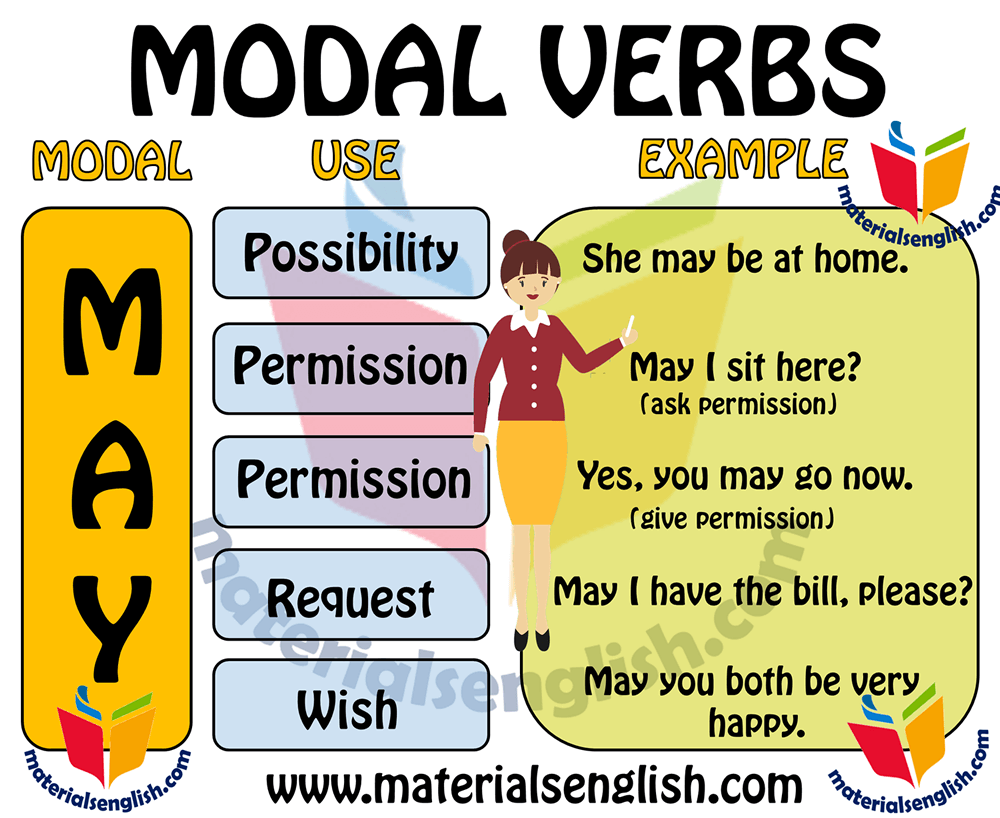 |
 |  | 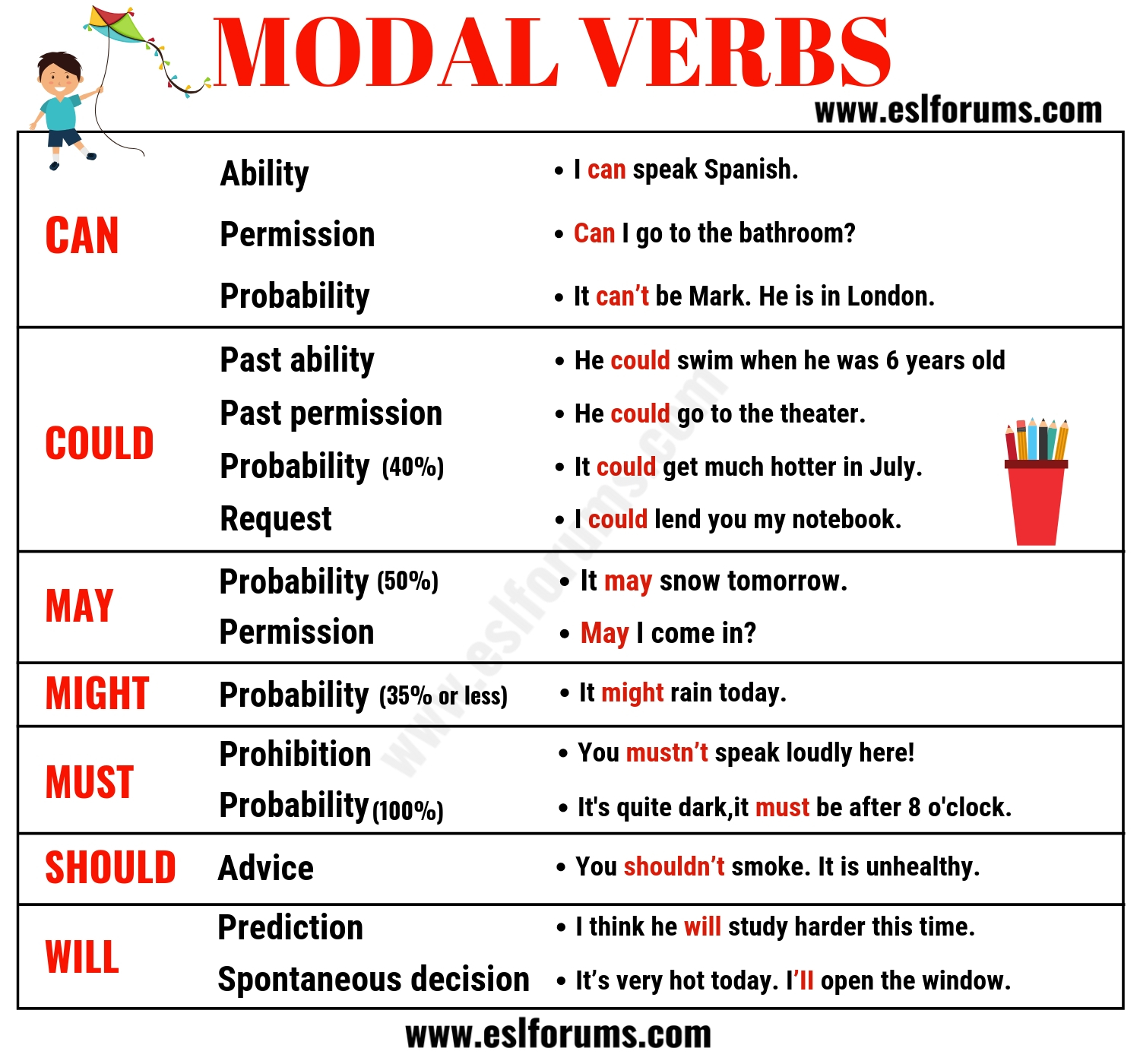 |
「Be to modal verb examples」の画像ギャラリー、詳細は各画像をクリックしてください。
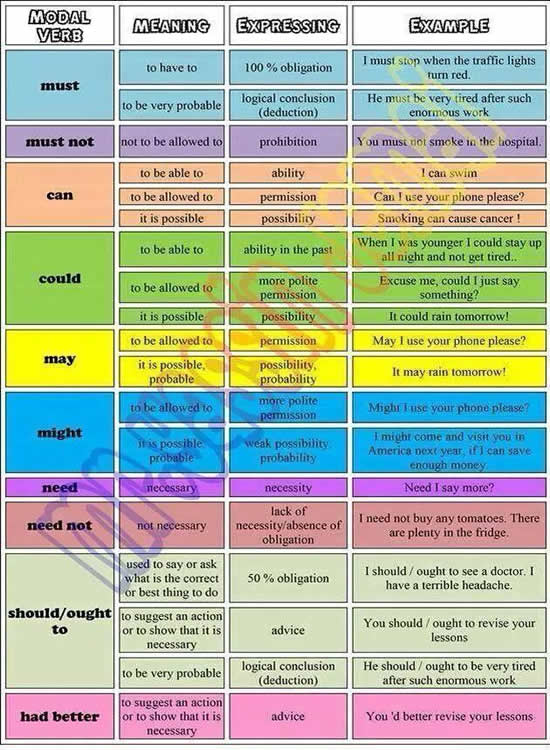 | 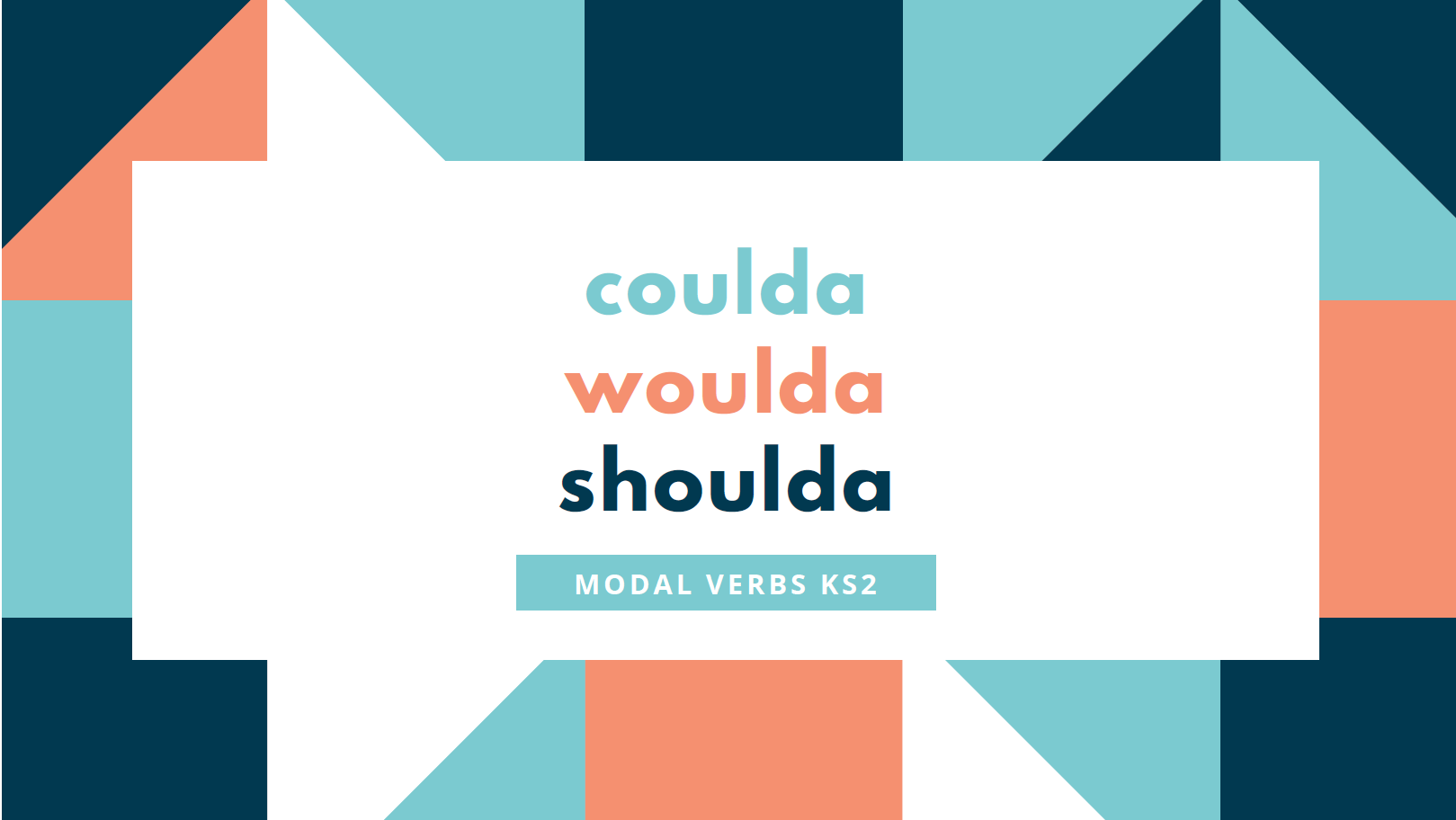 |  |
 | 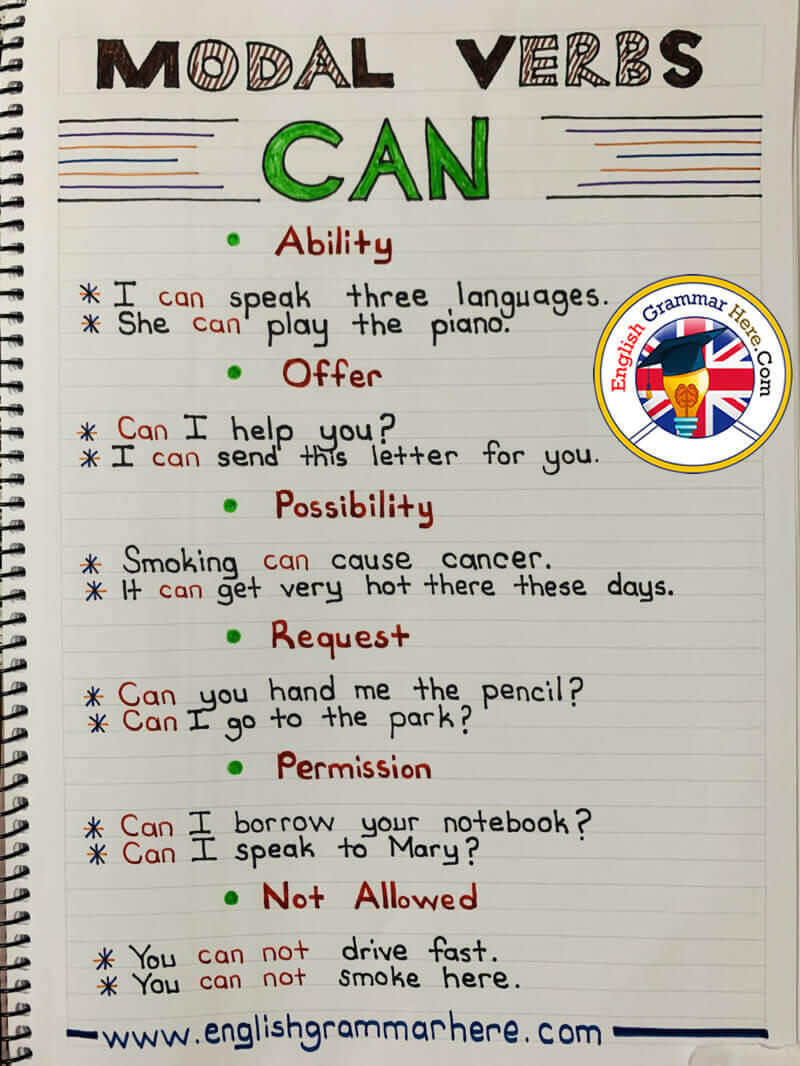 | |
 | 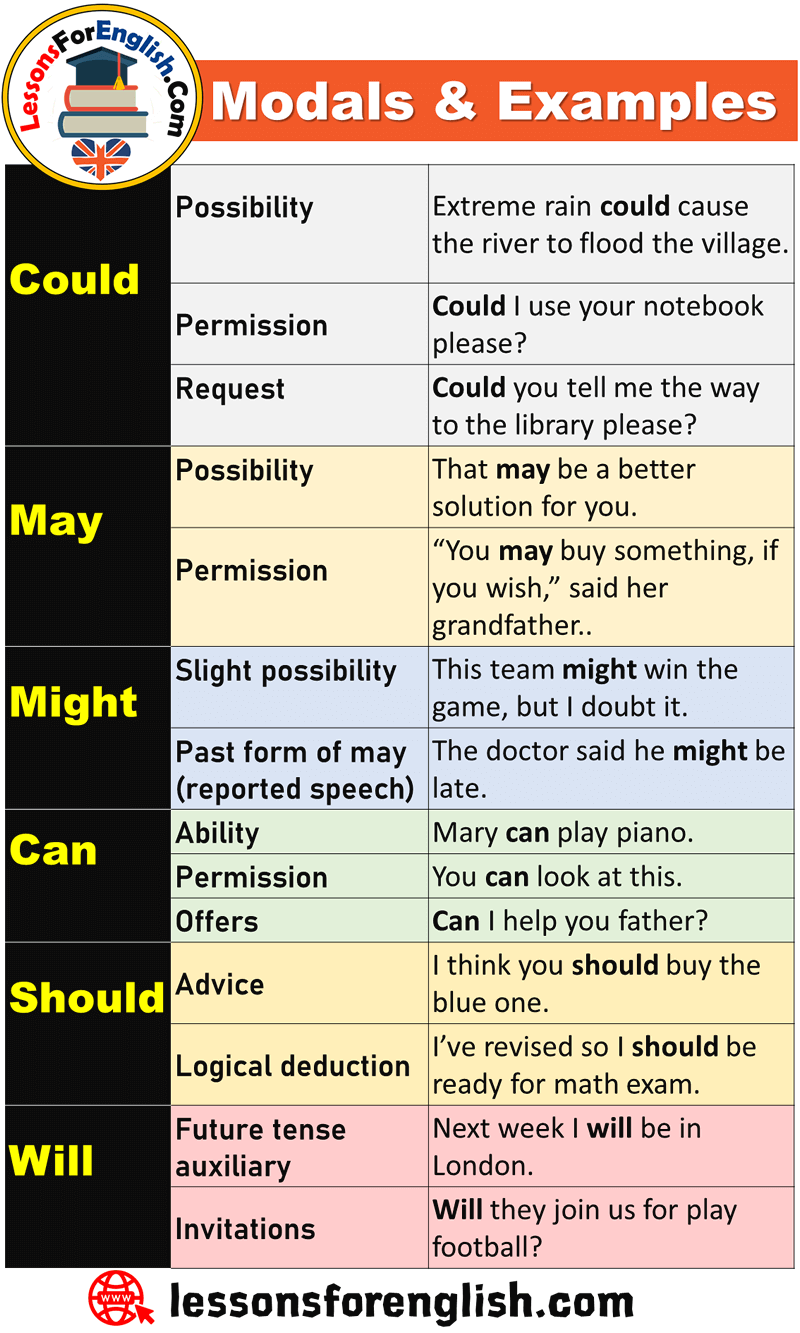 |  |
「Be to modal verb examples」の画像ギャラリー、詳細は各画像をクリックしてください。
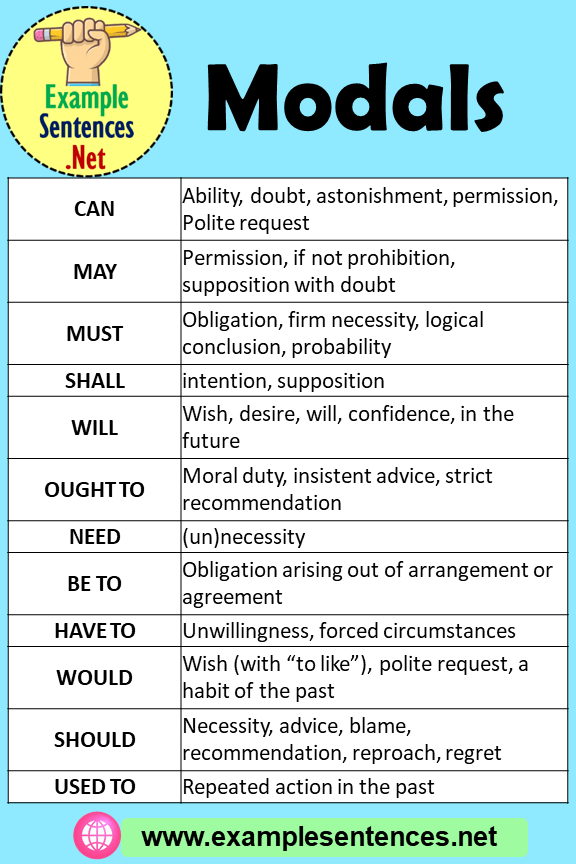 |  | |
 | 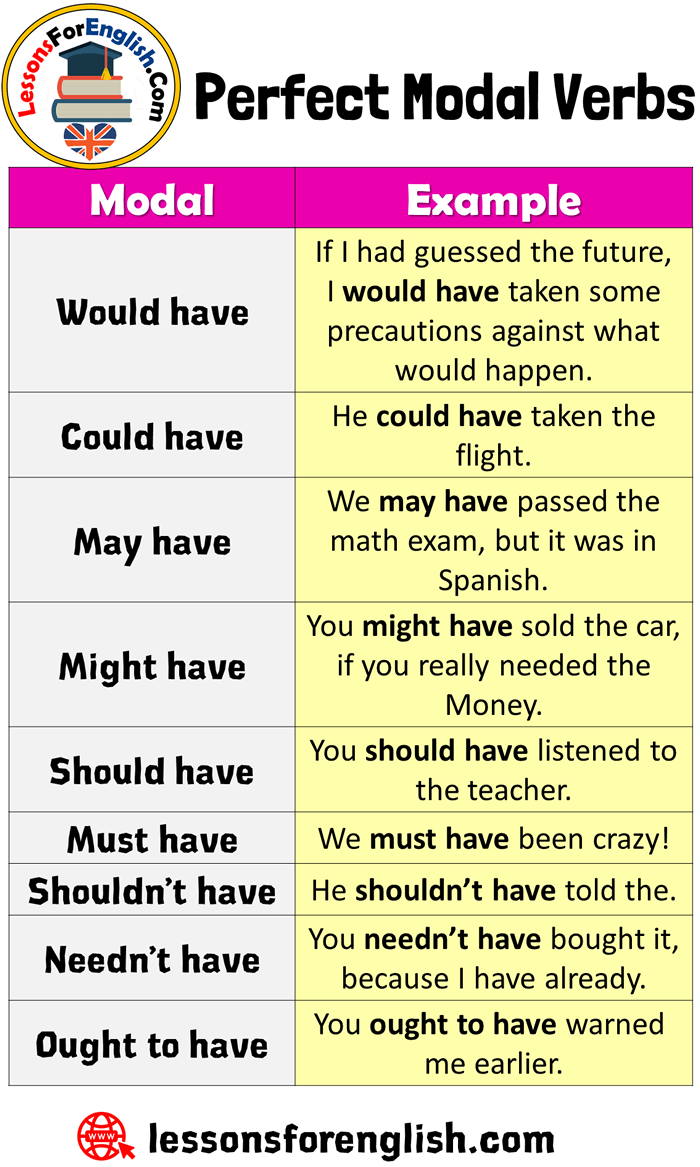 | |
 |  |  |
「Be to modal verb examples」の画像ギャラリー、詳細は各画像をクリックしてください。
 | 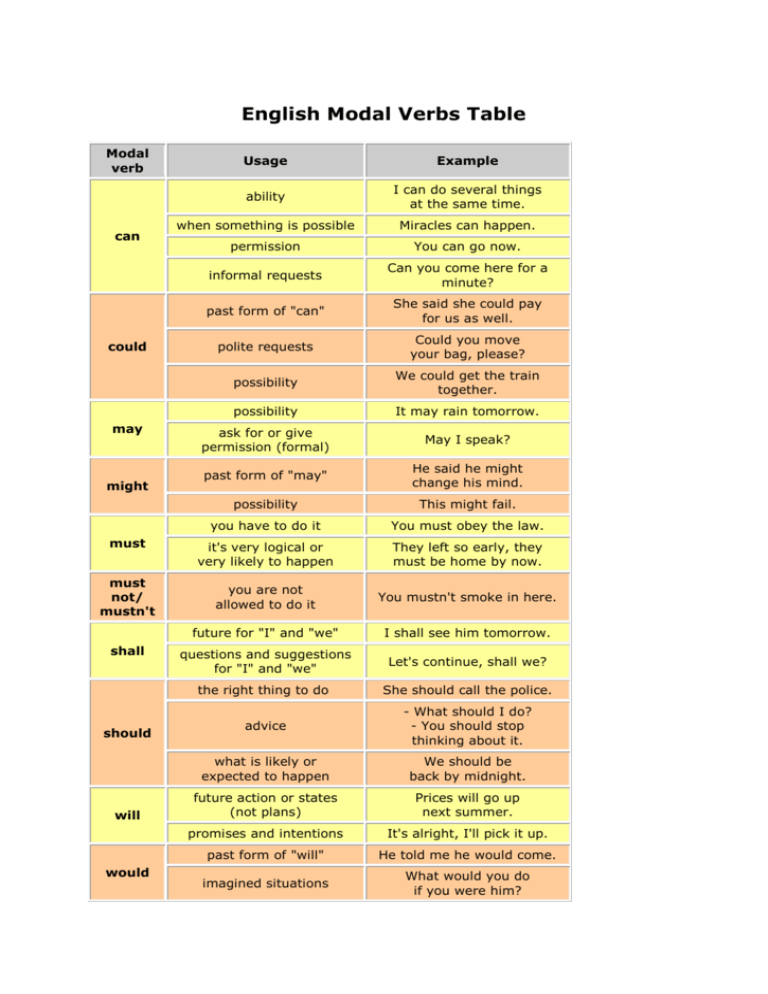 | 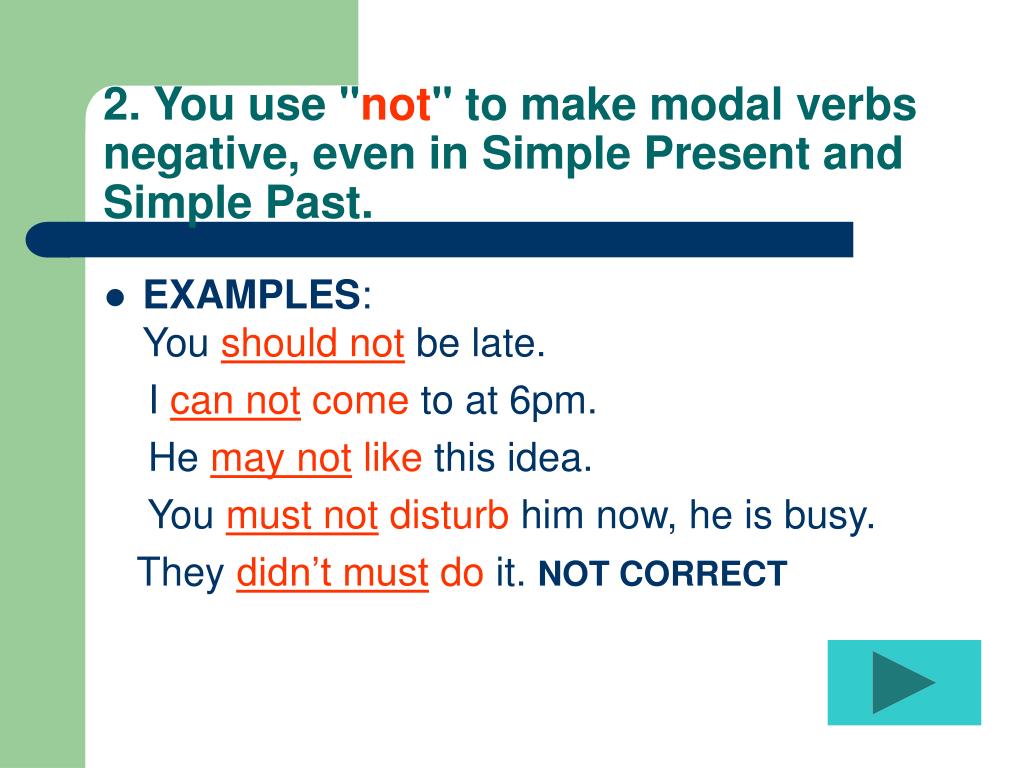 |
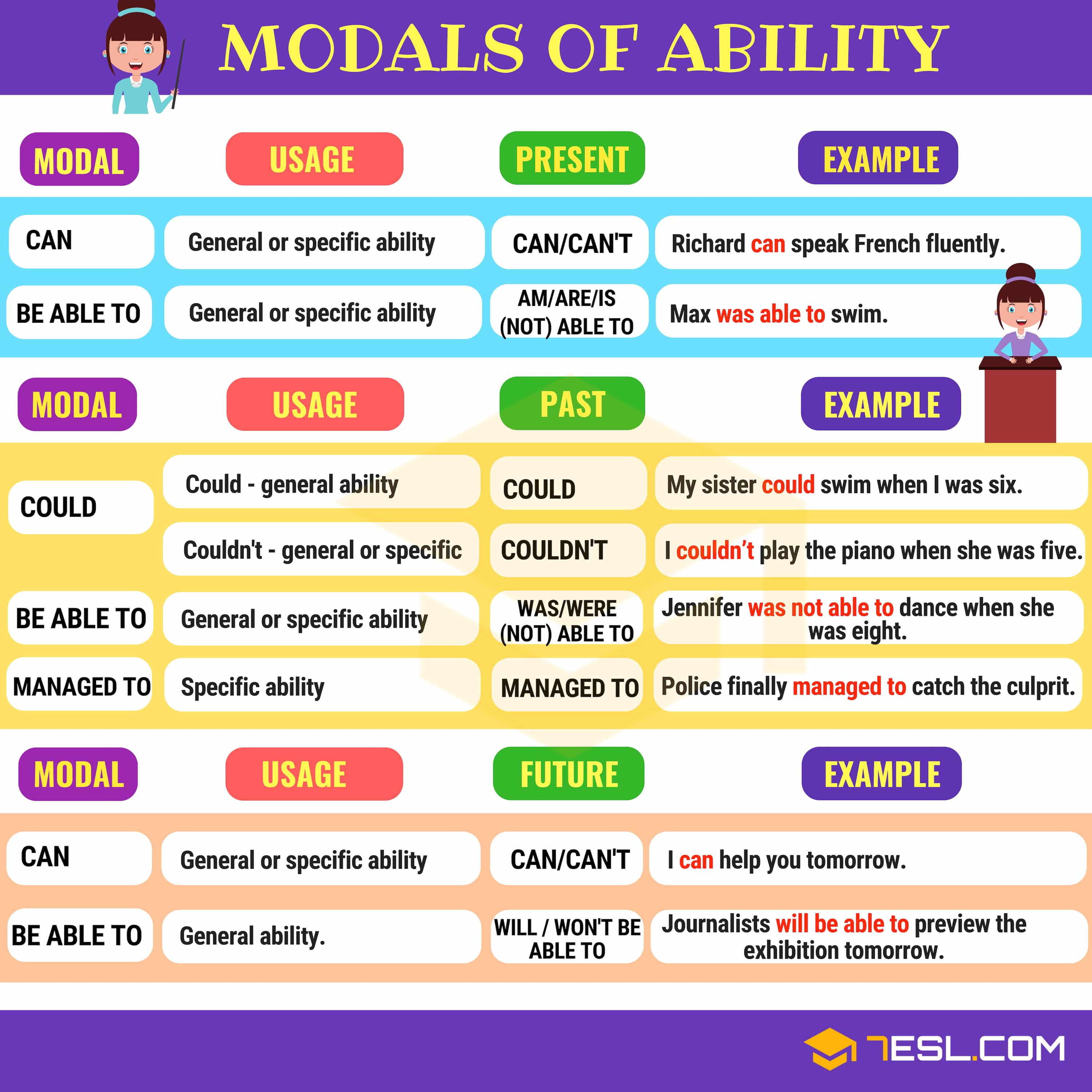 | 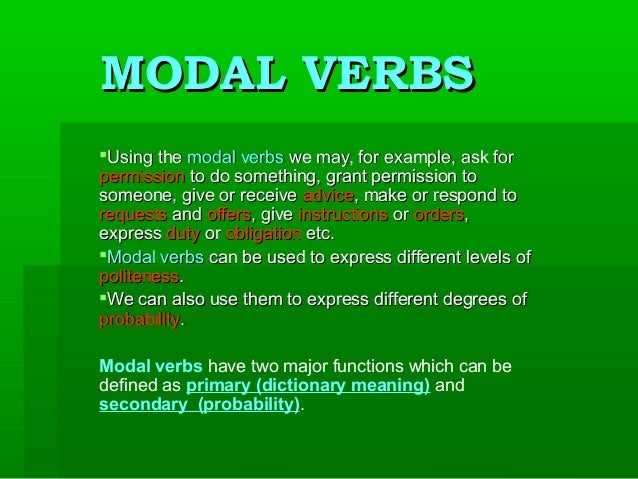 | 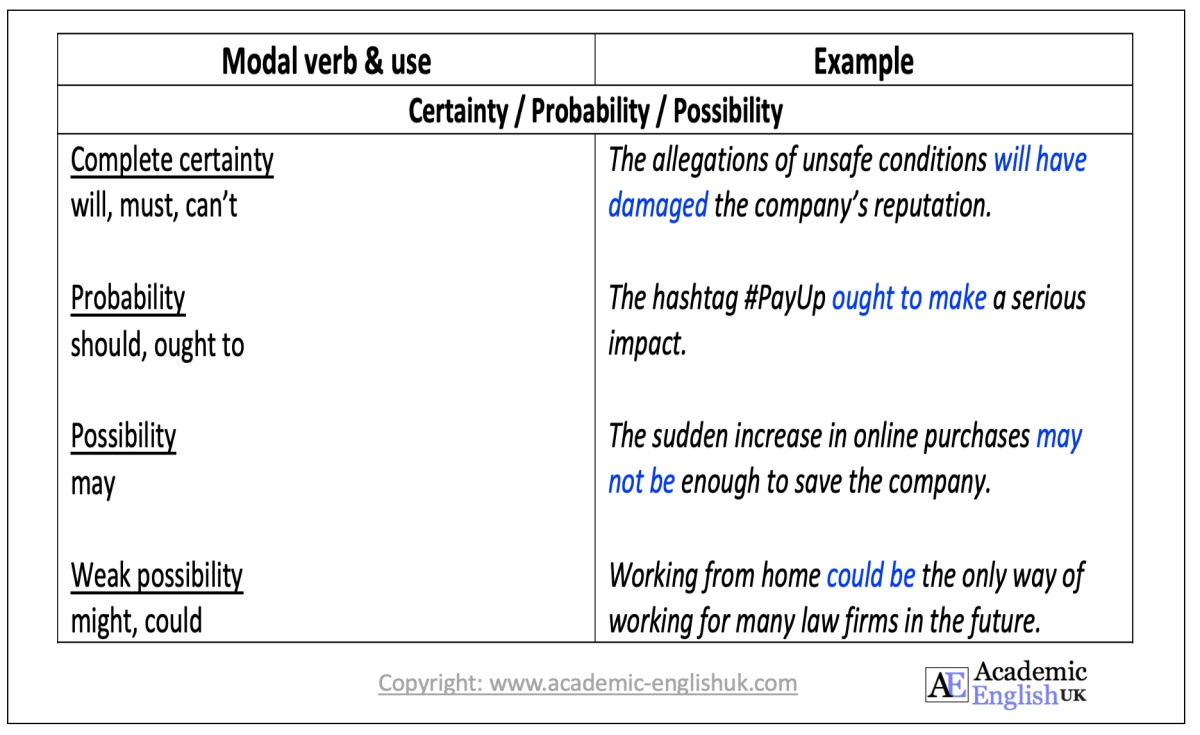 |
 | 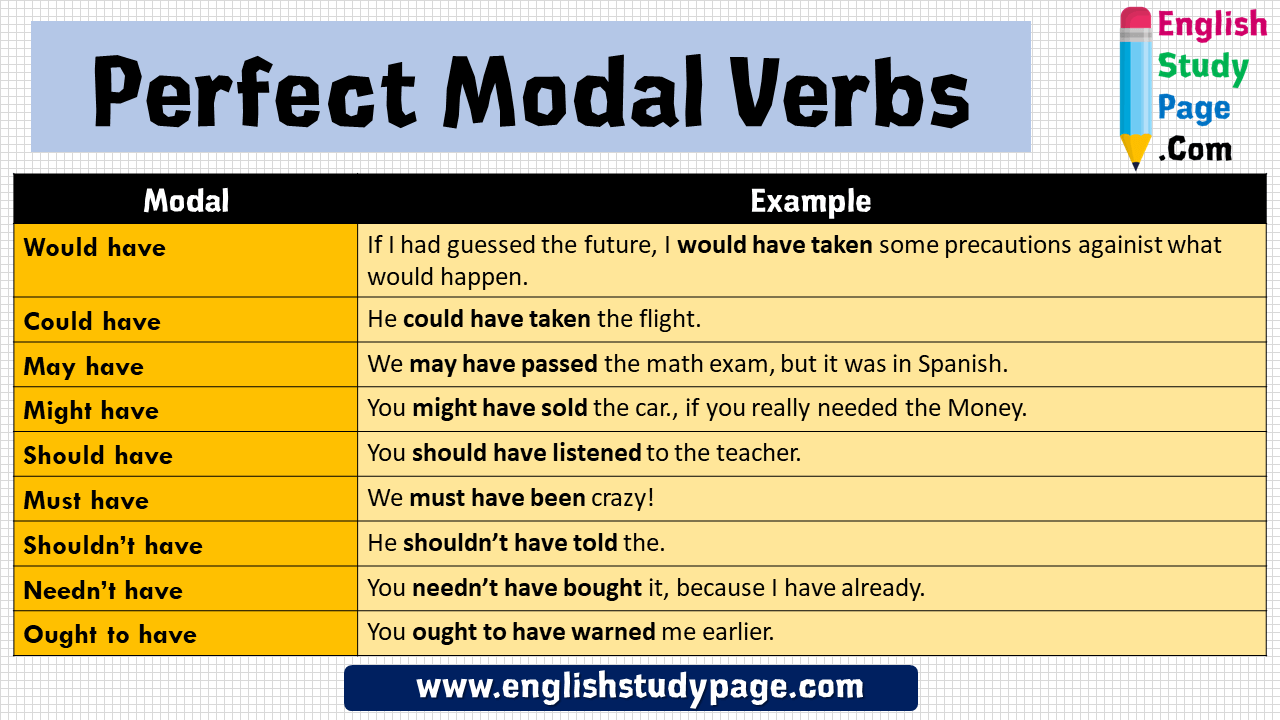 |  |
「Be to modal verb examples」の画像ギャラリー、詳細は各画像をクリックしてください。
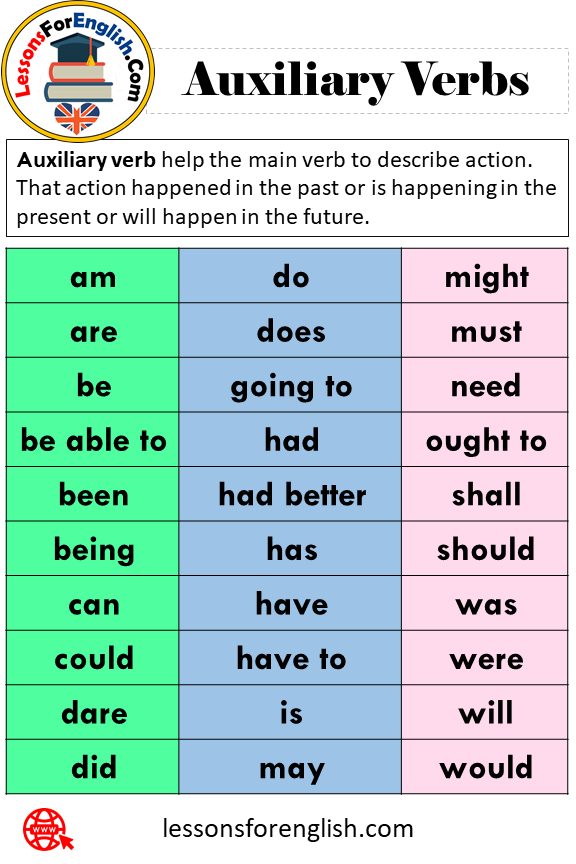 |  |  |
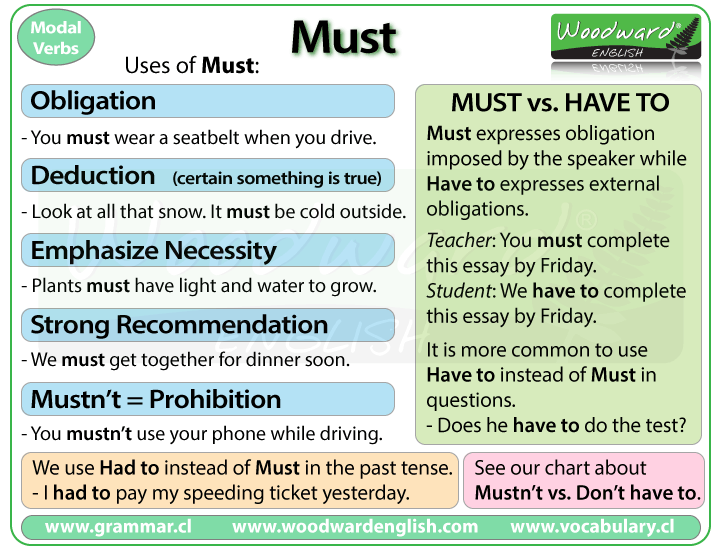 |  | 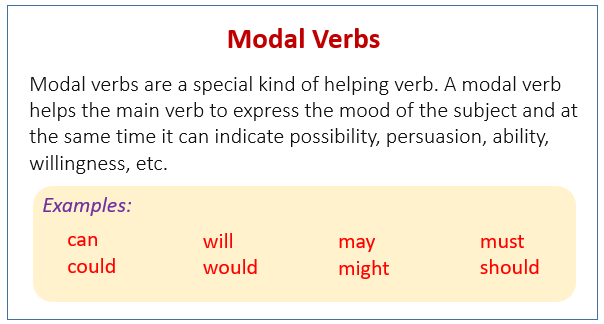 |
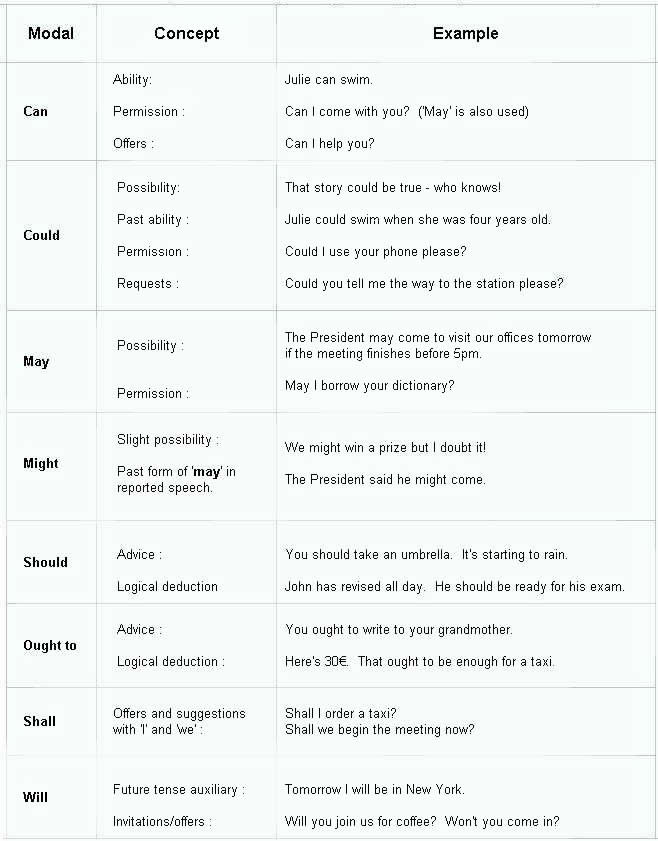 |  |  |
「Be to modal verb examples」の画像ギャラリー、詳細は各画像をクリックしてください。
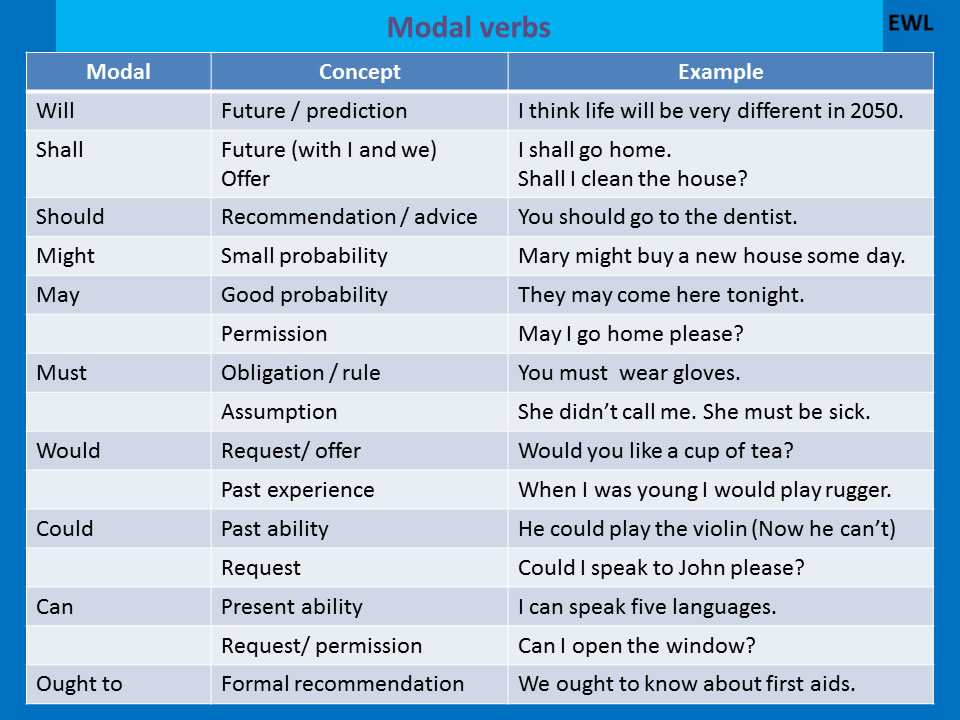 |  | 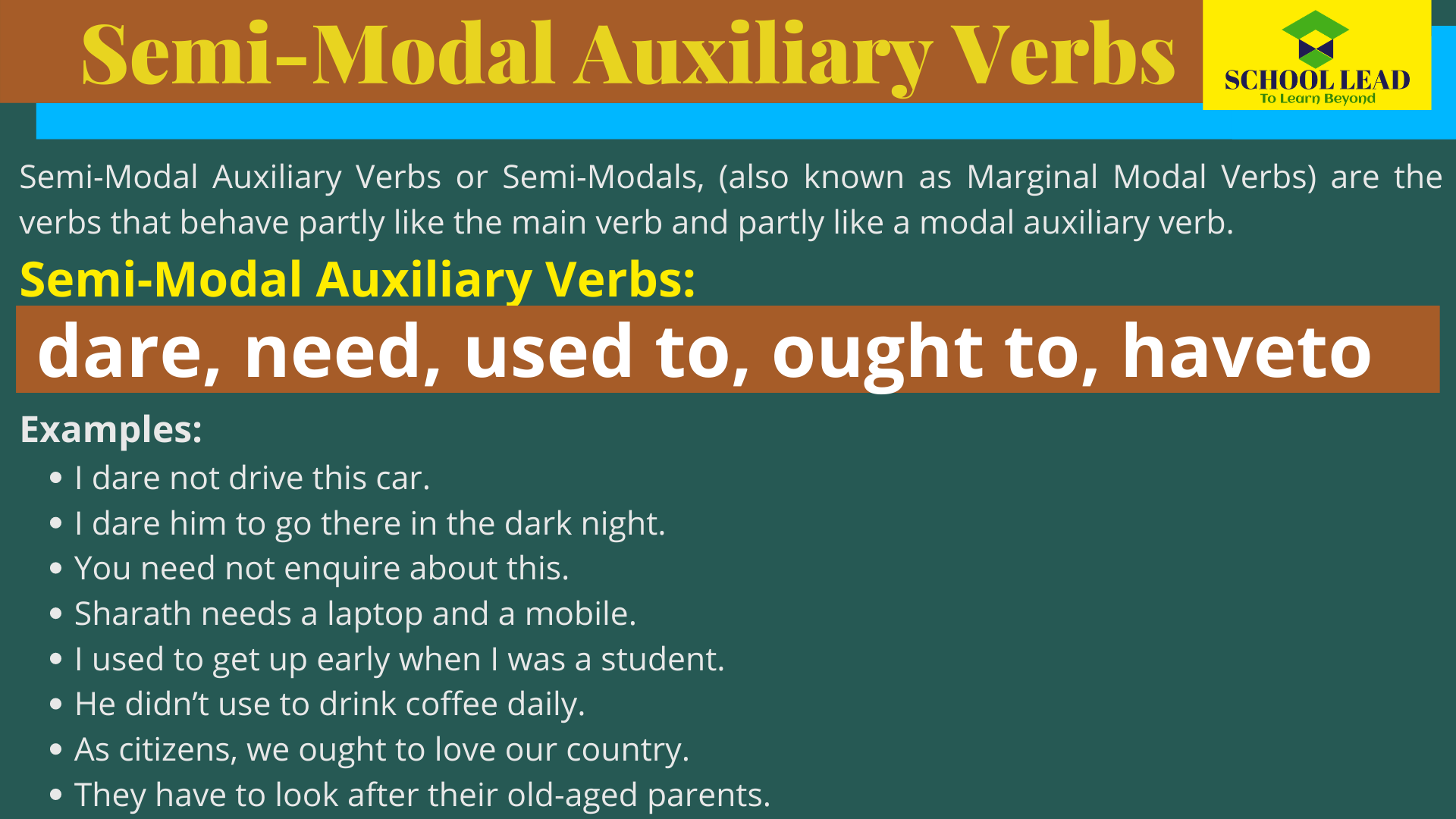 |
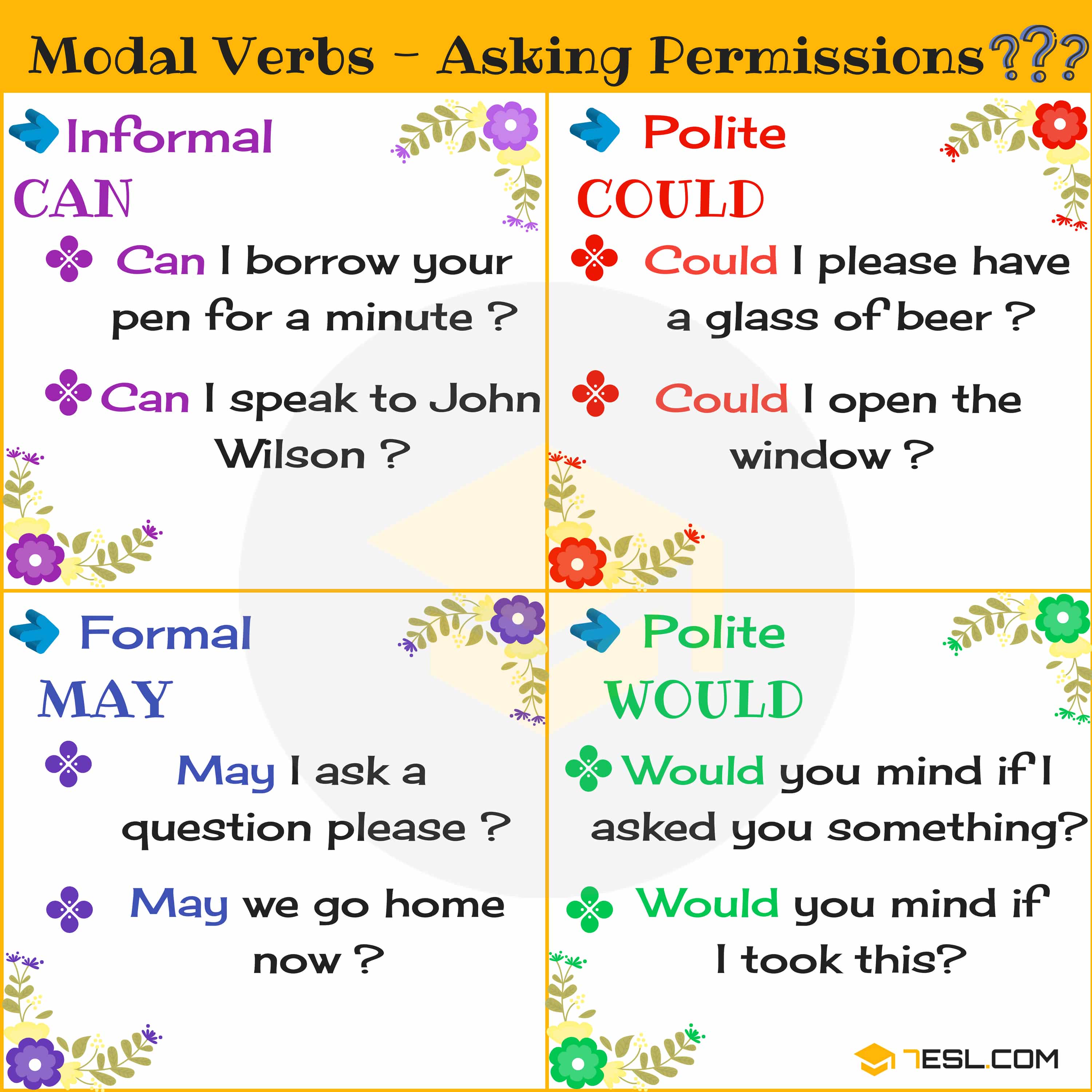 | ||
 | 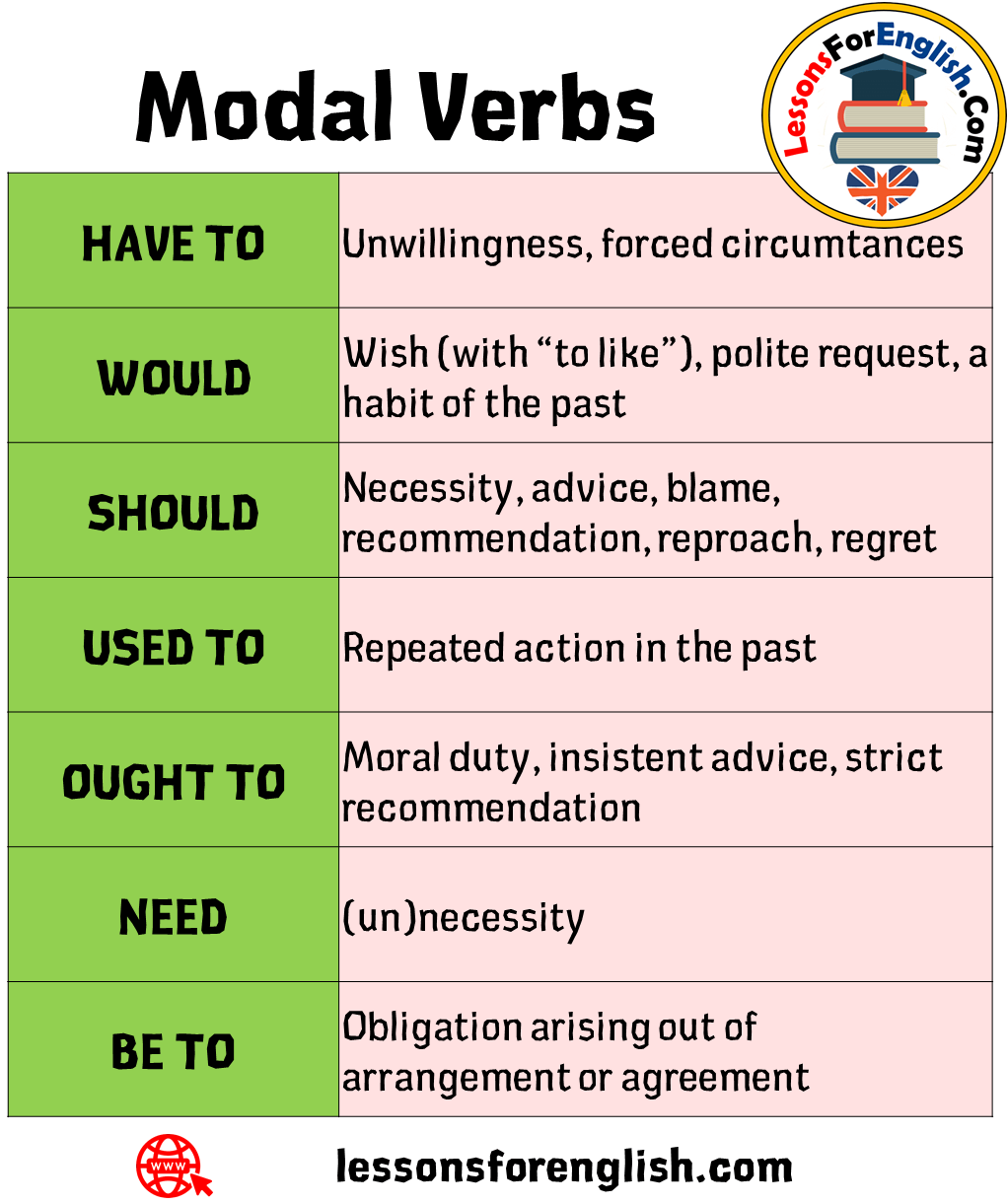 |  |
「Be to modal verb examples」の画像ギャラリー、詳細は各画像をクリックしてください。
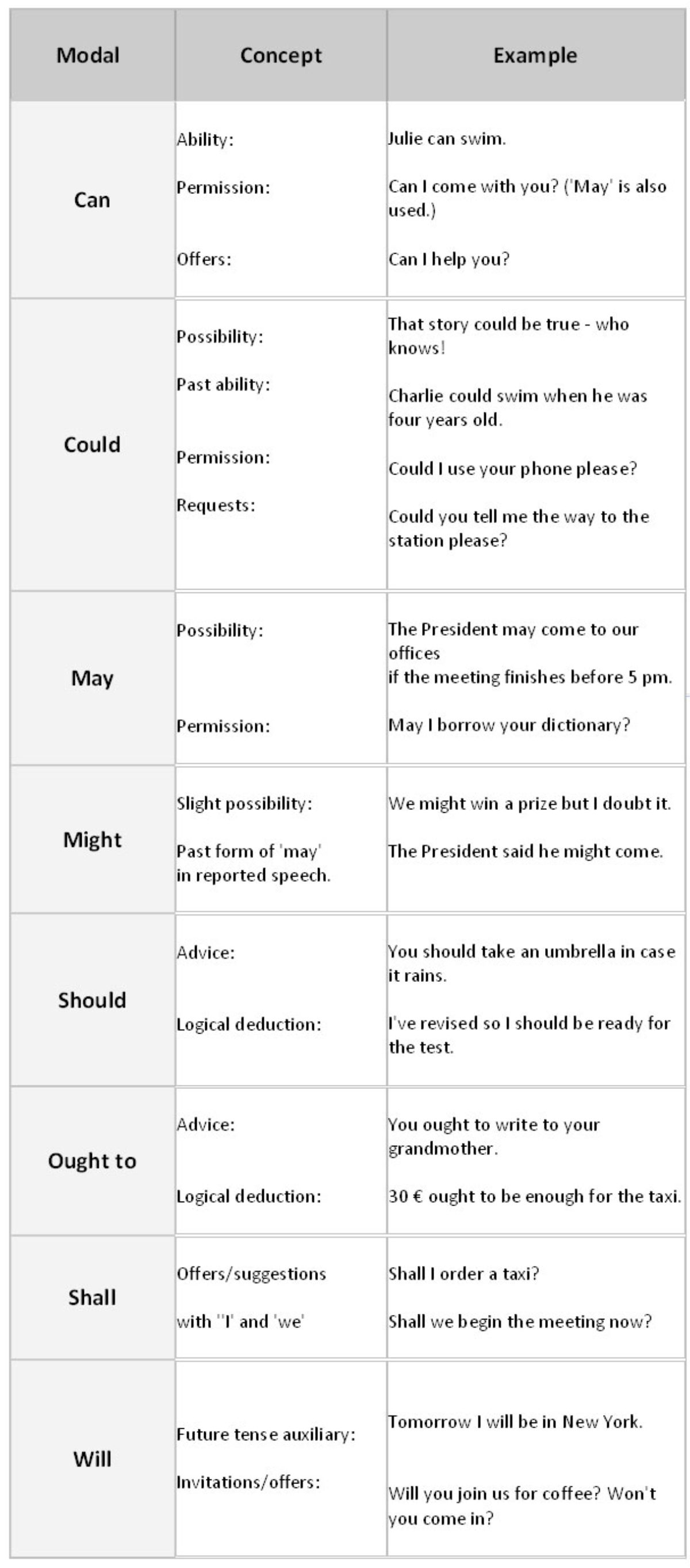 |  | 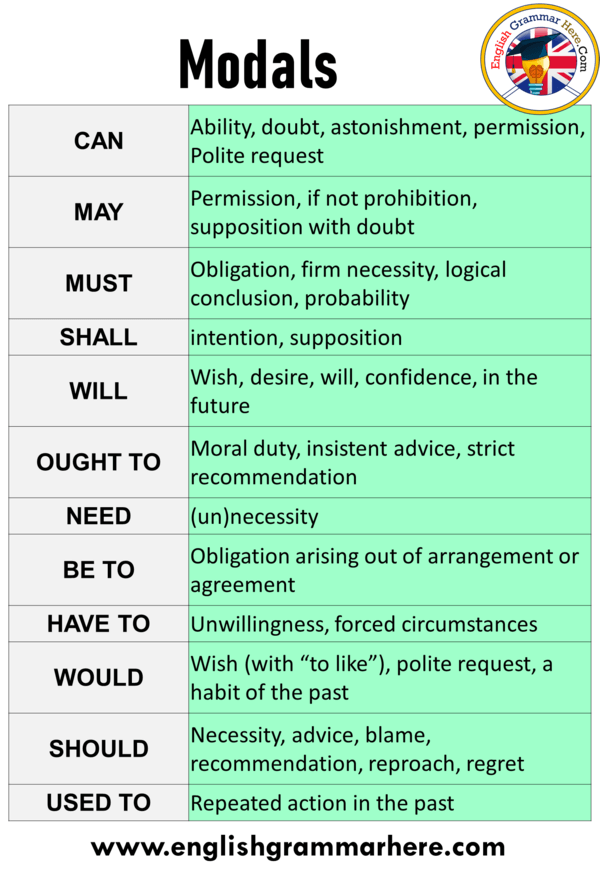 |
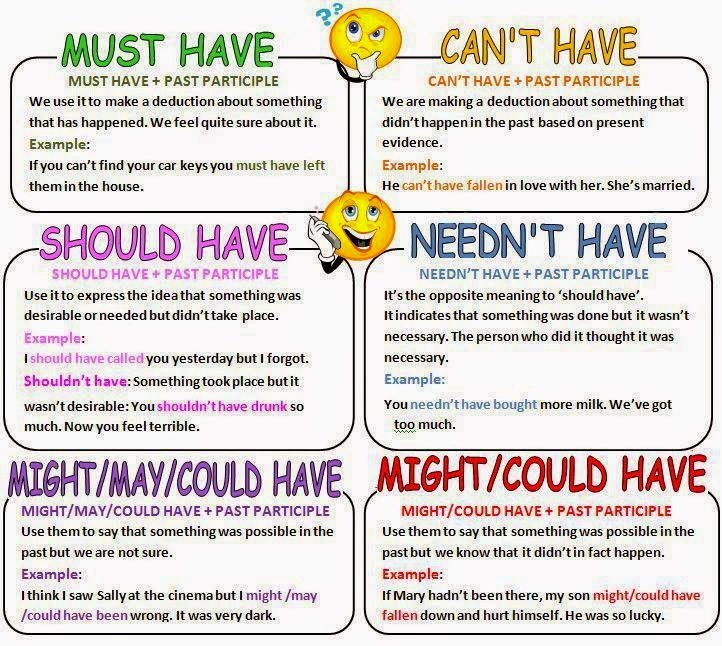 | 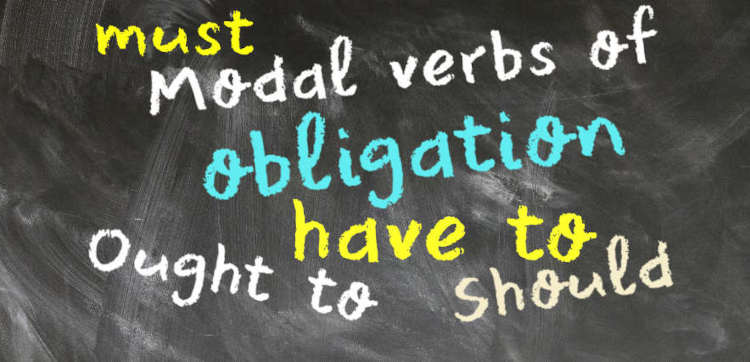 |
Modal verbs (like can or may) combine with other verbs to set the mood of the sentence Learn more about modal verbs with our lists and examples!Modals in English Grammar, Use of Modals, Exercise and Examples for Class 8 to 10 Modals – Modals are special verbs that are different from normal verbs They are never used alone and are always followed by a principal verb They provide additional information about the principal verb





0 件のコメント:
コメントを投稿